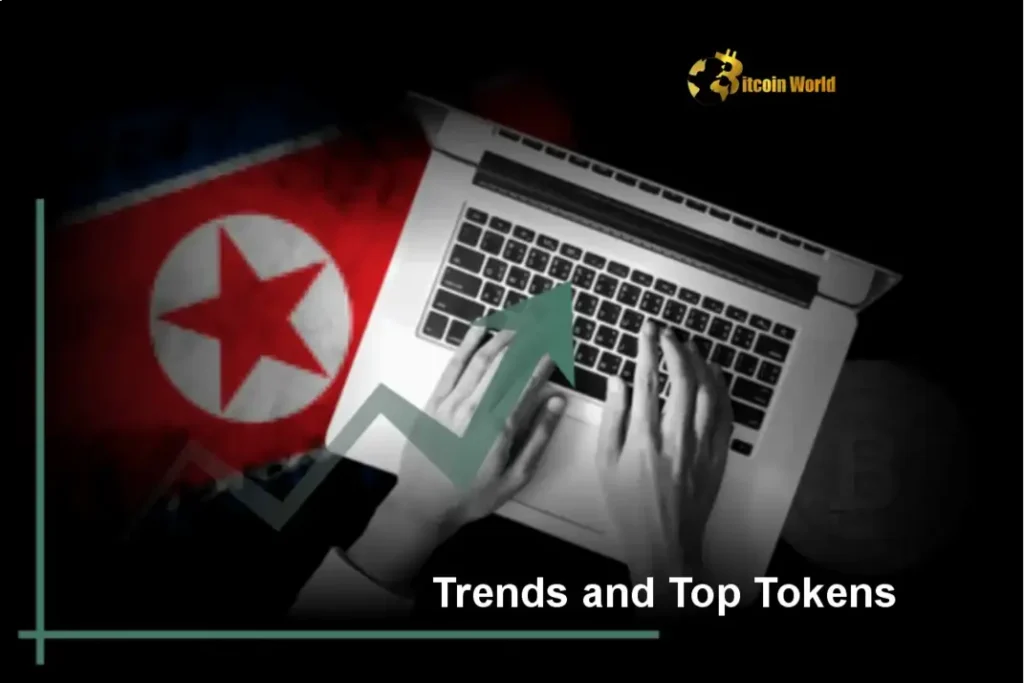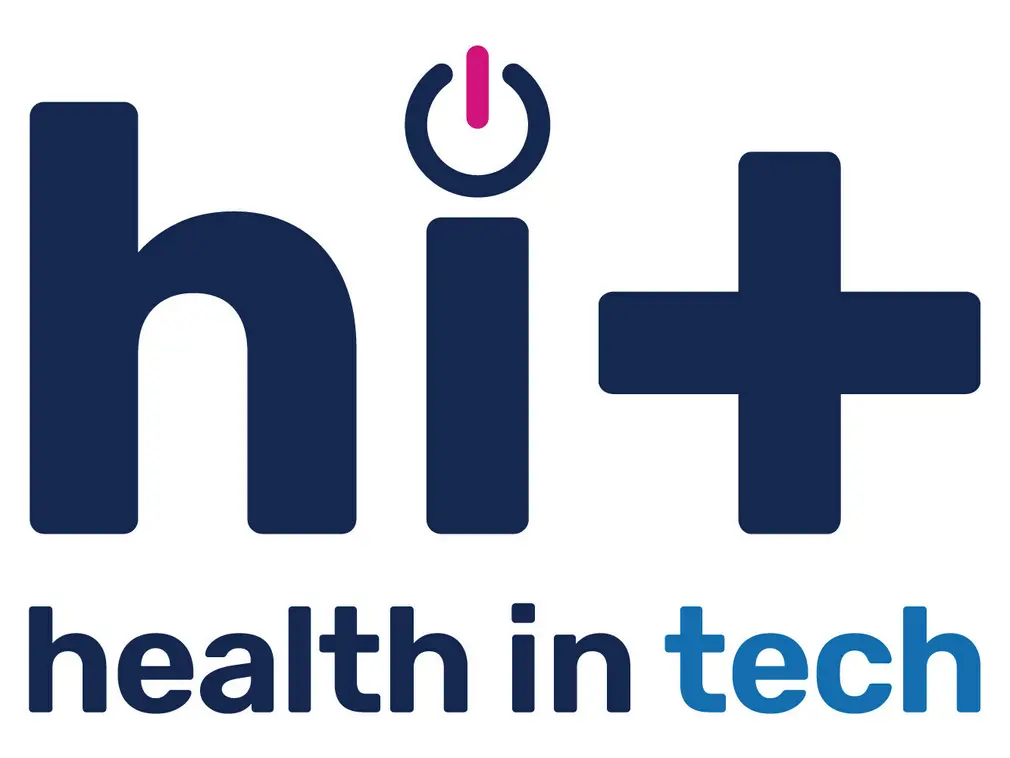House Lawmakers Push to Ban AI App DeepSeek From U.S. Government Devices

In recent years, artificial intelligence (AI) has transformed industries worldwide, revolutionizing everything from tech companies to government operations. However, as AI continues to grow in complexity and reach, so do the concerns surrounding its regulation and impact on privacy. One of the mostNotable developments is the growing scrutiny over AI applications that heavily rely on deep learning models. Among these is DeepSeek, an advanced AI app developed by Chinese tech firms, which has sparked debates across the globe. Now, U.S. lawmakers are considering a ban on its use in government devices due to concerns about data security and government influence. This article explores the reasons behind this proposal, the potential implications of such a move, and how it could reshape AI regulation globally.
Ban Petition Gathers Momentum
The growing number of voices calling for a ban on DeepSeek has caught the attention of U.S. lawmakers.
DeepSeek’s Global Presence and Data Security Concerns
DeepSeek, operated by Chinese tech giants, leverages large language models to provide sophisticated AI services. Its global reach, including applications in finance, healthcare, and artificial intelligence, has raised concerns about data localization and government surveillance.
Government Influence Over Technology Companies
Lawmakers argue that deep learning models like DeepSeek could be tools for government influence, potentially impacting free speech and privacy rights. Critics believe this could hinder innovation by forcing companies to localize their technologies in compliance with U.S. regulations.
Safety and Privacy Concerns
Another major concern is the potential misuse of AI technology by governments for surveillance and control. By banning DeepSeek, lawmakers aim to protect civil liberties and ensure that AI development aligns with global human rights standards.
Why Are U.S. Lawmakers Considering a Ban on DeepSeek?
The Evolution of AI and Its Impact
AI technology has evolved rapidly, with deep learning models becoming increasingly sophisticated. However, the lack of standardized regulations presents both opportunities and challenges. The proposed ban seeks to address concerns related to data security and privacy by controlling access to such advanced AI systems.
Challenges in Regulating AI
Regulating AI is inherently complex due to its interdisciplinary nature, involving computer science, law, ethics, and public policy. The ban proposal aims to create a framework for AI regulation that prioritizes national security while safeguarding individual rights.
The Implications of the Proposed Ban
Positive Implications for National Security
By controlling access to advanced AI technologies, the U.S. could potentially reduce risks associated with foreign influence and enhance its own capabilities in fields such as cybersecurity and surveillance.
Negative Implications for Innovation
Critics argue that a ban on DeepSeek would stifle innovation by forcing companies to develop alternative technologies or collaborate more closely with the government. This could slow down global progress in AI development and economic growth.
Economic Impact on Tech Companies
Major tech companies like Meta, Google, and others have invested heavily in AI technologies powered by models like DeepSeek. A ban could lead to significant financial losses for these companies as they adapt their strategies or seek alternative funding sources.
Conclusion
The push for a ban on DeepSeek highlights the ongoing tension between technological advancement and regulatory frameworks, particularly in the context of AI development. While such measures may seem necessary to protect national interests, they could also hinder progress in this rapidly evolving field.
For now, the proposal remains speculative, but it underscores the complexity of regulating advanced technologies like deep learning models. As AI continues to play an increasingly significant role in society, further dialogue and collaboration will be essential to strike a balance between innovation and privacy.







